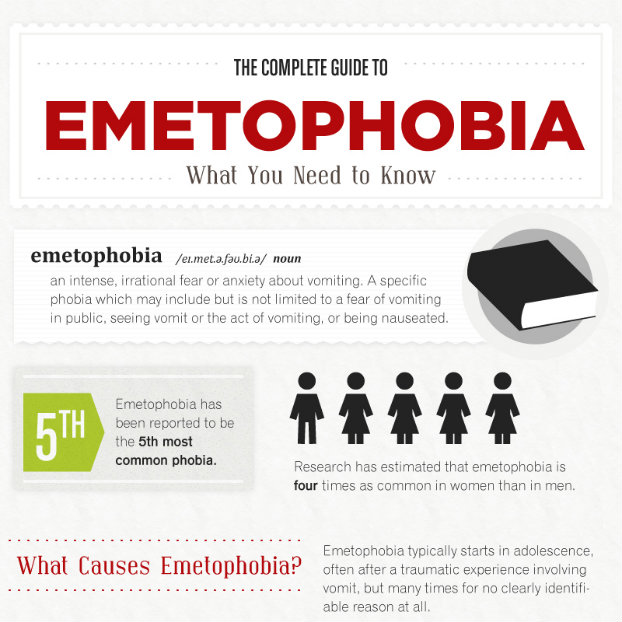 The National Center for PTSD describes Post-Traumatic Stress Disorder (PTSD) as “a mental health problem that can occur after someone goes through a traumatic event like war, assault, or disaster.” People who are at risk of developing PTSD include veterans of war, victims of a rape or physical attack, and people who have lived through a natural disaster like a destructive earthquake. These circumstances will not necessarily traumatize a person. The mental state before the difficult event may indicate how someone will deal with a highly negative experience.
The National Center for PTSD describes Post-Traumatic Stress Disorder (PTSD) as “a mental health problem that can occur after someone goes through a traumatic event like war, assault, or disaster.” People who are at risk of developing PTSD include veterans of war, victims of a rape or physical attack, and people who have lived through a natural disaster like a destructive earthquake. These circumstances will not necessarily traumatize a person. The mental state before the difficult event may indicate how someone will deal with a highly negative experience.
Research indicates that PTSD may also be triggered by something more commonplace: work. For some people who have stressful jobs (firefighters, policemen), the risk of trauma is higher.
An article from the Oxford Journals advises employers to take preemptive action against PTSD. The authors of the piece suggest that emergencies and catastrophes should be prepared for in advance. To do this, they recommend screening employees who are involved in stressful work such as disaster response. By offering counseling services before a negative event, the employer protects his or her workers. Coping strategies and stress management techniques that can prevent the onset of PTSD should be taught well in advance.
Interestingly enough, people may also be susceptible to Post-Traumatic Stress Disorder if they have very unpleasant working conditions. A writer for CBS MoneyWatch recalls his own experience with a bad boss who belittled him at every turn. Being bullied by an employer as an adult may have a similar effect as being bullied as a child. In the aforementioned article, the writer describes feeling anxiety and stress because of his boss’s cruelty and moodiness. This can make work an unnecessarily traumatic experience even for people who are occupied in non-hazardous fields.
Sexual harassment in the workplace may also lead to PTSD. Being accosted by a fellow employee or a supervisor can be frightening and stress-inducing. Employers should ensure that workers feel comfortable and safe reporting incidents of sexual harassment as soon as it occurs. Teaching employees how to deal with it beforehand is also a good idea.
Why Should Employers Care?
An unhappy employee is more likely to be unproductive, miss days of work, or even quit his or her job. This means that employers will lose money that they invested in their workers.
Additionally, some people are filing suits against their former employers and places of work for psychological trauma suffered while on the job. Traumatized workers argue that something should have been done before the incident to either prevent it from happening. If the psychologically damaging event was impossible to predict or is simply a regular part of the job, a company may still be held financially liable because of the lack of preparation for the workers.





